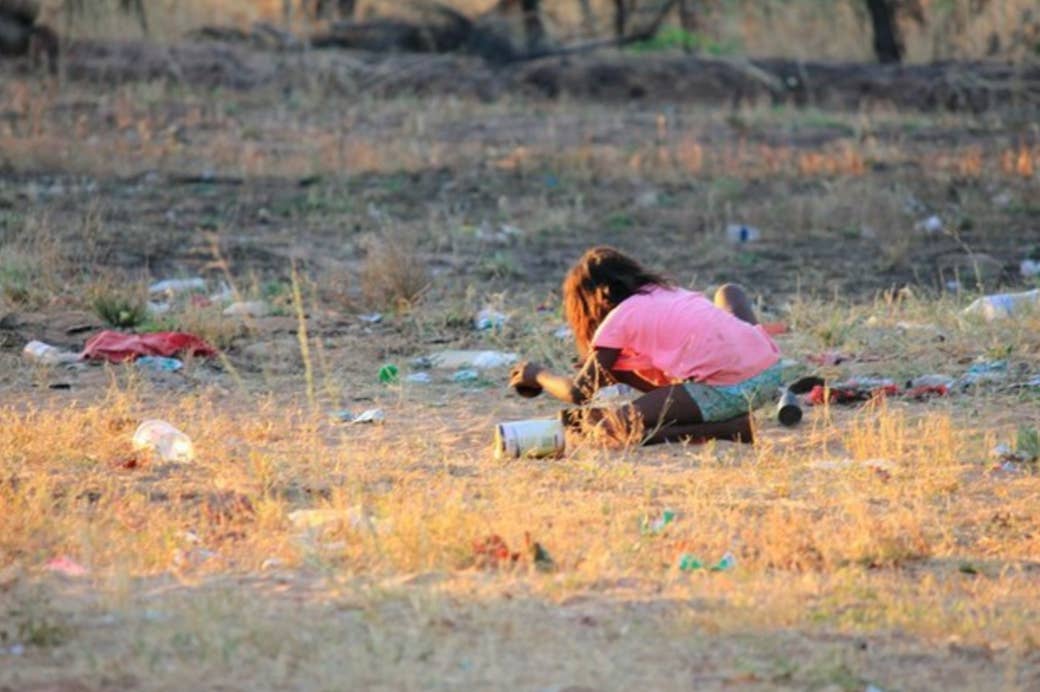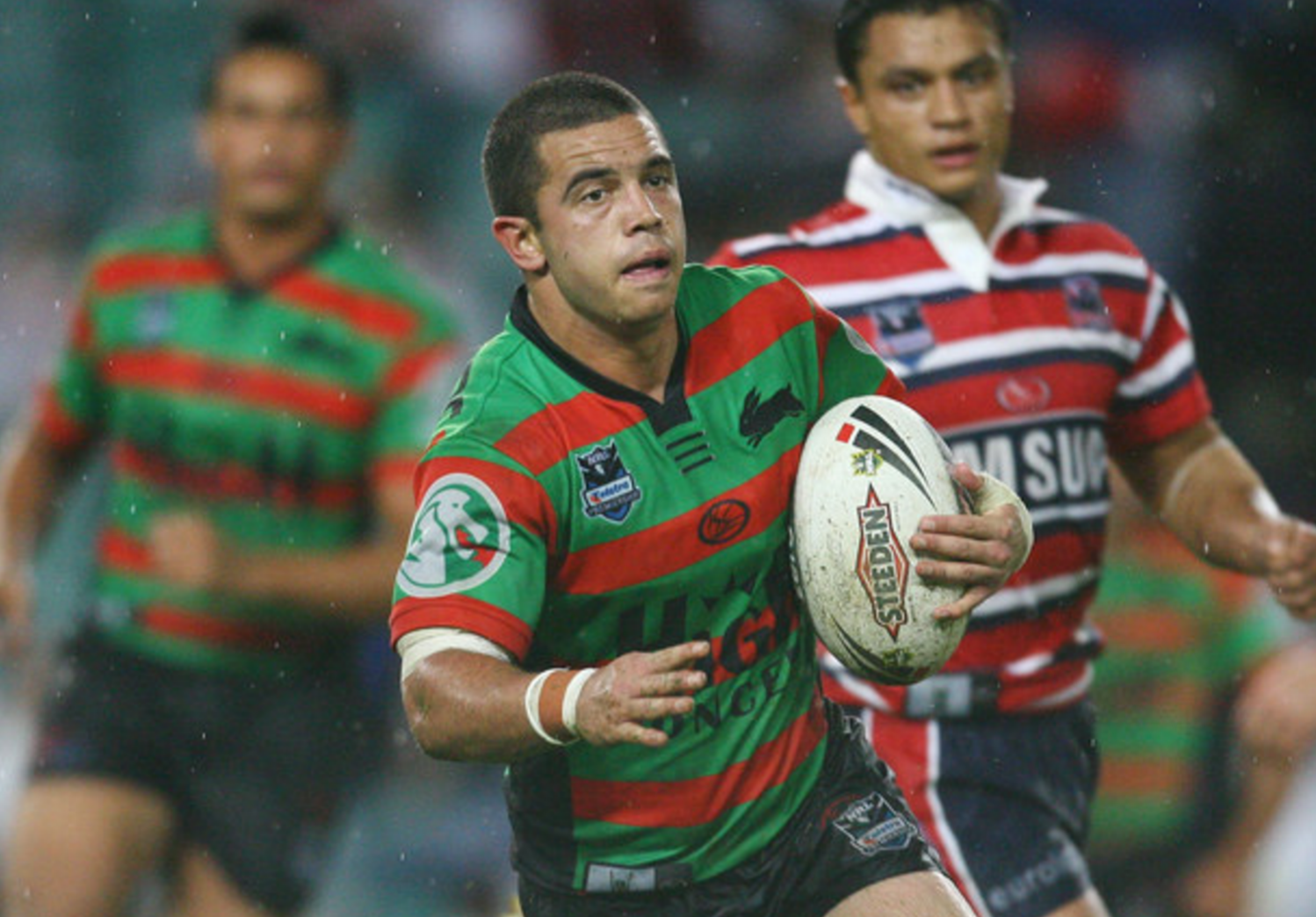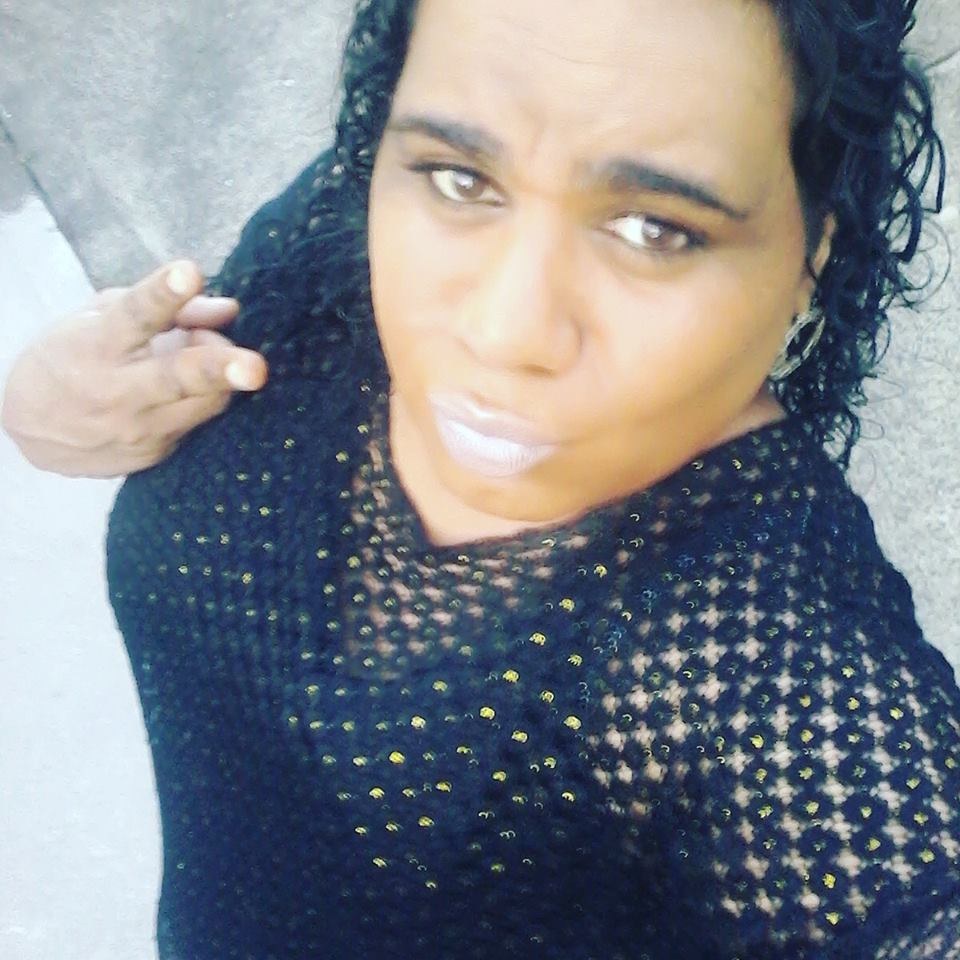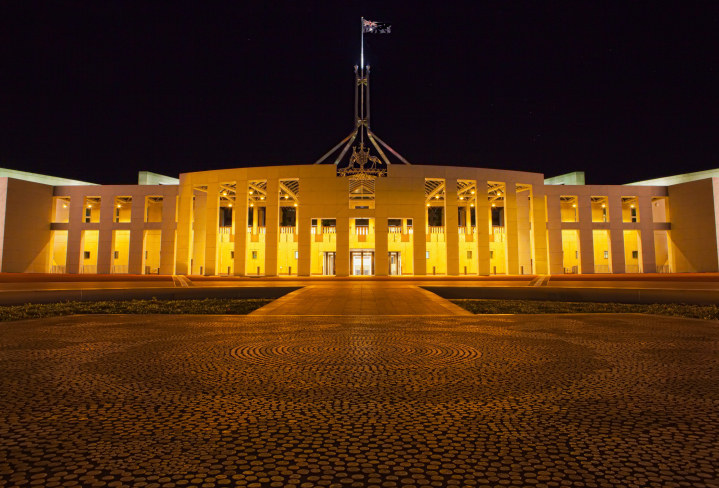The suicide of a 10-year-old Aboriginal girl in the small community of Looma in the Kimberley region of Western Australia in March shocked the country and made international headlines.
The tragedy shone a light onto the staggering rates of suicide in the vast Kimberley region and health authorities have told a suicide prevention conference that the girl's death is just the tip of the iceberg.
"It's a catastrophic humanitarian crisis. Over my hundreds of travels to remote communities over the decades, I can say it's getting worse for the most marginalised people in Australian society," Gerry Georgatos, a suicide prevention researcher who was sent to Looma by the federal government to provide crisis support following the suicide, told BuzzFeed News.
"If this was happening in white communities we would have had every parliamentarian in the country rallying to the cause. I fact is that I've seen Indigenous children as young as eight killing themselves".

Nationally suicide is the leading cause of death for Aboriginal and Torres Strait Islanders aged between 15 and 35 and Indigenous children aged 14 and under are almost 10 times more likely to take their own lives than their non-Indigenous peers.
In areas like the Kimberley an Indigenous person is eight times more likely to take their own life.
This week, at the inaugural National Aboriginal and Torres Strait Islander Suicide Prevention (ATSIPEP) conference in Alice Springs, mental health experts and Indigenous leaders blamed the federal government for not committing to more grassroots initiatives to combat the growing rates.
"We can't continually have these significant health issues become political footballs," co-chair of the Aboriginal Suicide Prevention Evaluation Project, Tom Calma, told the ABC earlier this week.
"What we need in Indigenous affairs is good, bipartisan agreement on a way forward, and then we need to have a consistent policy approach and funding approach," Calma said.

Former NRL player Joe Williams spoke openly at the conference about his battle with mental health issues. At the top of his league career, Williams spiralled into a deep depression and used drugs and alcohol to self-medicate. After losing his partner and children he tried to take his own life.
“I thought that the world would be better off without me on the earth, my kids would be better off without me, so I did everything I possibly could not to be here anymore," Williams told BuzzFeed News.
Williams works with vulnerable young Aboriginal men in regional NSW who are battling a sense of hopelessness and have limited opportunities at education and employment.
"Most of these country kids, and in particular young men, don’t have any positive role models at home and they don't have any programs they can go to. No chance of a job, in and out of prisons. Their life can be bleak."
"They turn to drugs and alcohol and that makes the mental health problem worse and I can tell you it's a short step to suicide from there," Williams said.

As a young person growing up in the Aboriginal town camp of Morris Soak, just outside of Alice Springs in Central Australia, Rosalina Curtis tried to take her own life several times in a bid to escape the mental anguish she felt over being a sistergirl, a transgendered Aboriginal person.
"I was about six or seven years old when I had my first suicidal thought. I felt alone, sad and depressed. I knew I was a sistergirl and I knew that would mean a hard and tough life for me," Curtis told BuzzFeed News.
"I still suffer from depression and anxiety. I live in Sydney now where I can get help from phycologists. If I still lived in a remote community there wouldn't be any services that would deal with sexuality or gender diverse people."
The conference heard that there was no data or statistics on Indigenous LGBT mental health issues, this is despite anecdotal evidence from ACON Health suggesting that this is the most vulnerable group of Australians when it comes to suicide.
Curtis claims that the wider community, as well as the Indigenous community, do not want to deal with LGBT suicides. She says those who identify as gay or transgender suffer in silence and at risk of suicide, in most cases scared to seek help for fear of retribution from within their communities.
Curtis points to the conference as an example of silencing the Indigenous LGBT community once again when it comes to discussion of mental health.
"We [the group of sistergirls that attended] didn't even get the chance to tell our stories at this conference," Curtis said.
"This is despite me and my twin sister Brie, who is also transgendered, being traditional owners of Alice Springs."

The federal government has set aside $17.8 million for Aboriginal and Torres Strait Islander suicide prevention, but the money remains unused because it was tied to a plan under the Gillard government that was never implemented.
Indigenous affairs minister Nigel Scullion says the money will be used to fund initiatives starting in August.
If you or someone you know needs help, you can call Lifeline on 13 11 14, Mensline Australia on 1300 789 978 or the Suicide Call Back Service on 1300 659 467.
